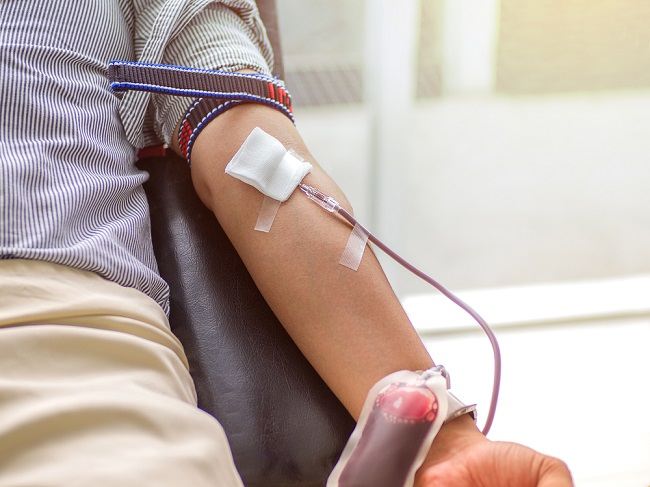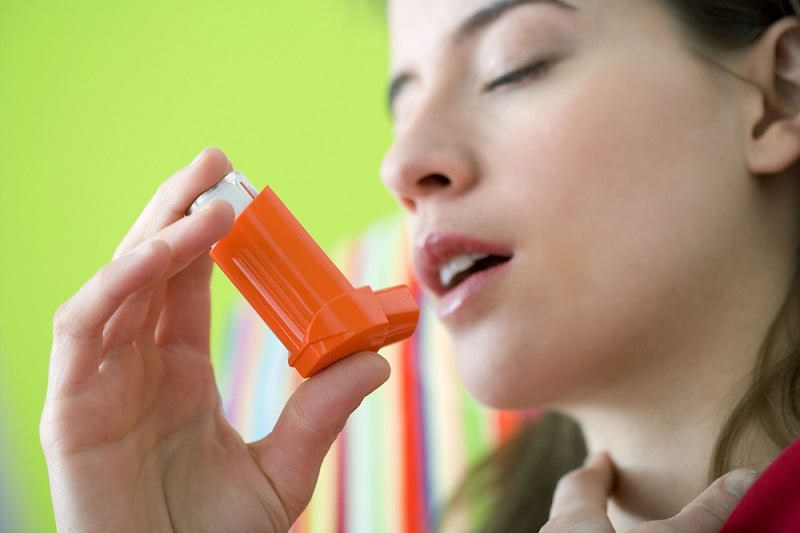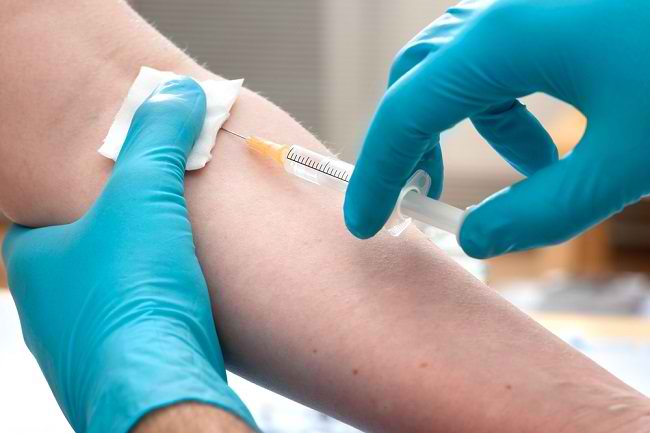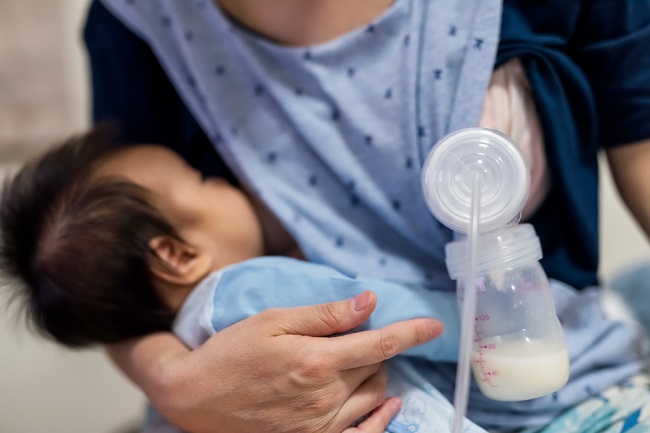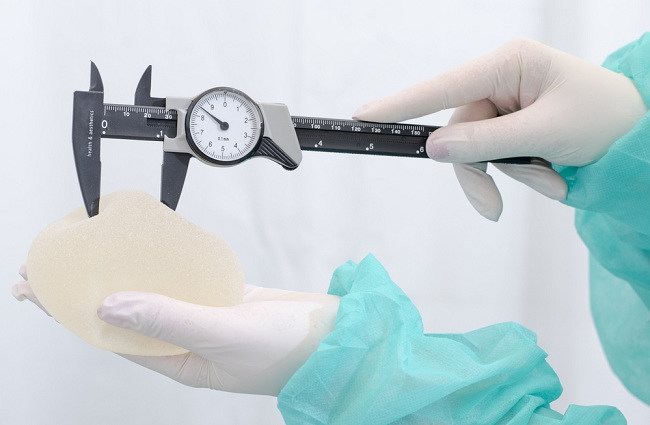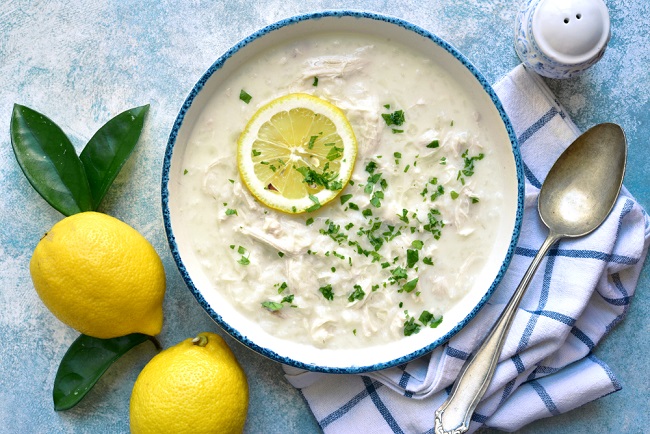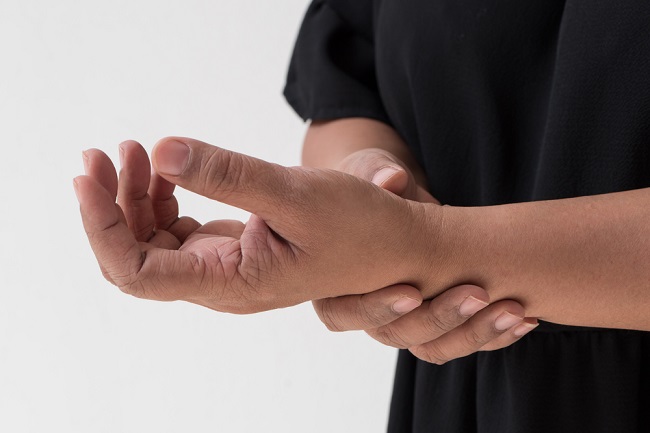Ulcers can also occur in children. Gastritis in children can cause discomfort and reduce appetite, thus interfering with activities and growth and development. Therefore, it is important for you to know the symptoms and treatment.
stomachache or dyspepsia is a term commonly used to describe a collection of symptoms due to gastric disorders. Generally, ulcers in children occur over the age of 4 years.

Symptoms that occur are usually not much different from ulcers in adults, but ulcers in children can interfere with the intake of nutrients that are very important for their growth and development.
Causes of Ulcers in Children
Ulcer in children is generally caused by impaired digestive tract function, for example due to slower gastric emptying function or inflammation. Some of the things below can trigger ulcer symptoms in children:
- Eating too fast
- Eat too big chunks or bites
- Consumption of hard textured foods
- Consumption of high-fat foods
- Consumption of spicy food
- Taking certain medications, such as antibiotics, aspirin, and ibuprofen
- Continuous exposure to cigarette smoke
Although rare, ulcers in children can also be caused by bacterial infections Helicobacter pylori. Infection H. pylori in children can be caused by consumption of unhygienic food and drinking water and the habit of not washing hands after using the bathroom or before eating.
Symptoms of Ulcer in Children
Ulcer symptoms in children are actually similar to ulcer symptoms in adults. Following are some of them:
- It's easy to feel full even though you just ate a little
- Stomach feels very full after eating
- Pain or stinging in the solar plexus
- Stomach feels bloated
- No appetite
- Frequent burping
- Fart often
- Nauseous
- Throw up
Although the symptoms are similar to the symptoms of an ulcer in adults, you need to be more aware of the symptoms of an ulcer in children, because often children cannot clearly convey the complaints they feel.
Ulcer Prevention and Management in Children
To prevent and treat ulcers in children, there are some simple ways that you can apply at home, namely:
- Teach children to always wash their hands with soap and running water regularly, especially after using the bathroom and before eating.
- Make sure the food consumed by the child is really clean and cooked until cooked.
- Make sure the water your child drinks is clean and safe for consumption.
- Supervise your child not to eat too large chunks or bites when he is able to feed himself.
- Teach children to chew their food until smooth before swallowing it.
- Avoid giving your child foods that are spicy, contain caffeine, or are high in saturated fat.
- Keep children away from exposure to cigarette smoke.
- Do not give your child NSAIDs, such as ibuprofen, without a doctor's prescription.
Although not at risk of causing severe complications, ulcers in children that are not treated properly can interfere with daily activities and reduce their appetite. Lack of nutritional intake can certainly have a negative impact on children's growth and development and their performance at school.
So, if your child's ulcer symptoms don't improve or get worse after you take the above treatment, take your child to the doctor immediately.
The doctor may prescribe an antacid medication that works to neutralize stomach acid, so that pain complaints can be reduced. In addition to antacids, antibiotics may also be prescribed if your child's ulcer is caused by a bacterial infection H. pylori.
Along with giving ulcer medicine to children, you also need to apply the ways to prevent and treat ulcers in children as described above. That way, the child will recover from the ulcer quickly
